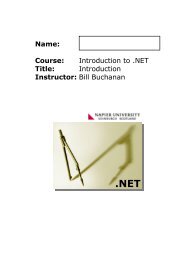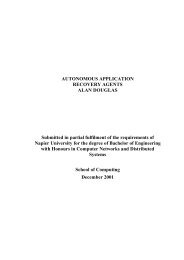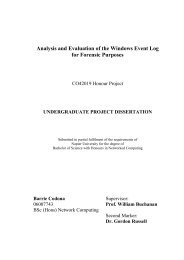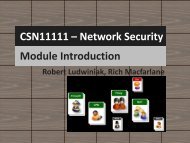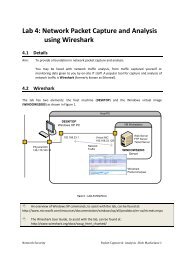Honours Project: - Napier University
Honours Project: - Napier University
Honours Project: - Napier University
You also want an ePaper? Increase the reach of your titles
YUMPU automatically turns print PDFs into web optimized ePapers that Google loves.
Gregory Huet<br />
<strong>Honours</strong> <strong>Project</strong><br />
99034735 Dr. William Buchanan<br />
5.2 Implementation of the Database<br />
5.2.1 The users table<br />
This table contains all the information about the user. In the first version of the application,<br />
this table will only have a few pieces of data, but in a future version this table will contain<br />
more information to customise the interface and the display of the data on the screen with the<br />
user’s wishes. For the non-commercial version, the information needed is the following:<br />
• num_user: this field is required to describe the user with a unique integer. This is the<br />
only way to keep a record of a user because different users could have the same login<br />
(but not the same password). The num_user record is an integer automatically created<br />
by the SQL Server by incrementing the last record. In general, this field is called<br />
user_id.<br />
• name_user: this field contains the user’s name more known as login. The information<br />
will be recorded as a string of characters strictly inferior at twenty characters. This<br />
field is very important because it will allow the user to enter his identification in the<br />
login process before entering the personal collaborative and co-operative electronic<br />
calendar.<br />
• password: this field contains the user’s password to keep a certain level of security for<br />
the management of the information that is not shared in the calendar. The password<br />
will be recorded in the database as a string of characters (superior at four characters<br />
and inferior at twenty). In the first version of this application, this field is not<br />
encrypted. For the future commercial version, this field will be encrypted to have a<br />
high level of security. The encryption is not treated is this report.<br />
• mail_user: this field contains the user’s email. This is very important because of the<br />
notion of collaborative and co-operative work as a synchronous or asynchronous<br />
process. The real-time function will be very hard to implement in a web site because<br />
of the asynchronous way to receive and send the information. Moreover, the email will<br />
be used to send feedback about a shared event in a community or a group of users.<br />
This information is recorded as a string of characters (inferior at thirty characters).<br />
• group_user: his field contains the user’s group and indirectly the user’s community.<br />
This field is very important in the notion of CSCW (Computer Supported Cooperative<br />
Work), by linking people with a common interest or working on a same<br />
project. As soon as the users select a group, they are automatically registered in a<br />
community of users. For example, the group could be Multimedia Systems and the<br />
community would be the DCS.<br />
5.2.2 The groups table<br />
Each user is registered in a group to keep the idea of collaborative and co-operative work.<br />
This notion is more and more important and presents a lot of advantages in the industry. The<br />
GroupWare is almost present in every corporation because it allows them to work properly<br />
and efficiently by increasing the communication between workers in the same or a remote<br />
location with a synchronous or asynchronous process (the notion of time/space matrix).<br />
In the first version of the electronic calendar, users are not allowed to create a group of users.<br />
Only the administrator can create a group or a community of users. In the commercial version<br />
of this application, the notion of level of responsibility will be managed to give rights to some<br />
37


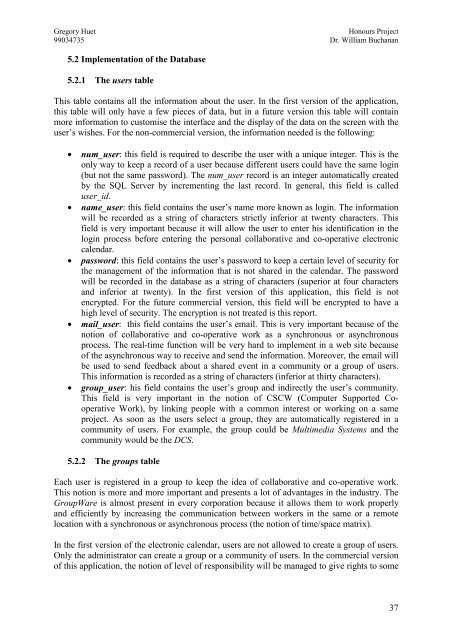
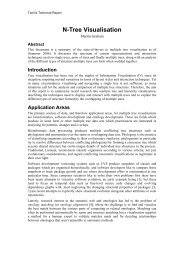
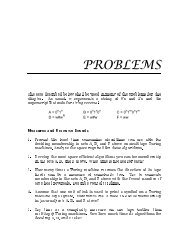
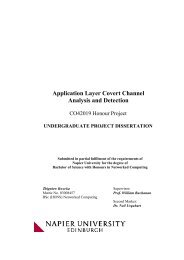
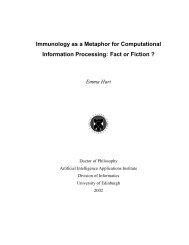
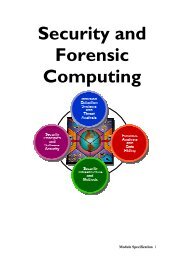
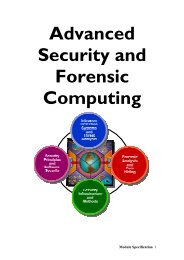
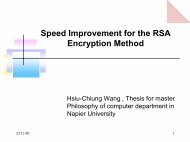
![Unit 5. Switches and VLANs [PDF]](https://img.yumpu.com/34422504/1/184x260/unit-5-switches-and-vlans-pdf.jpg?quality=85)
